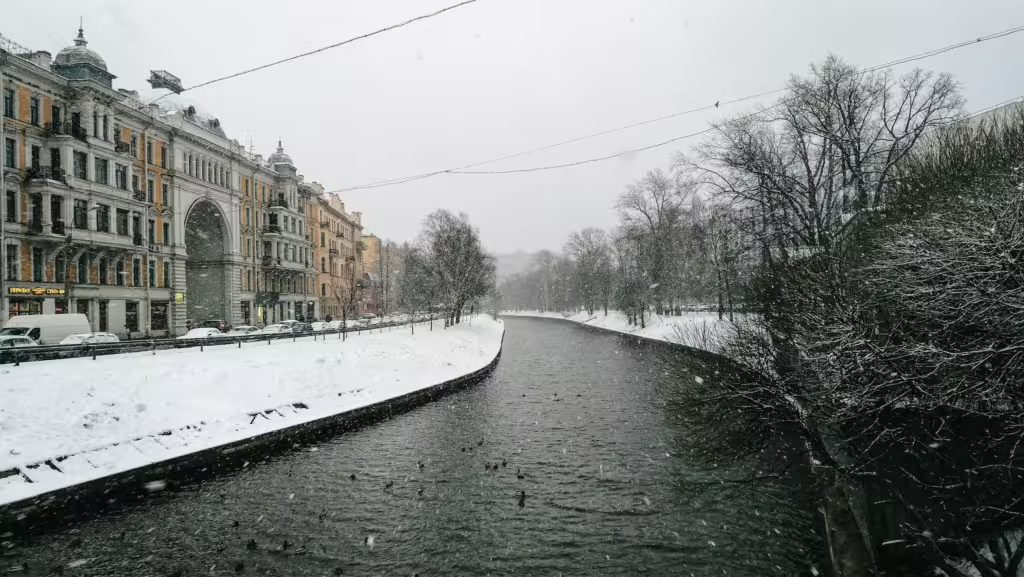Scientific American chortles that scientists have explained why West Antarctica is losing ice. No prize for guessing: It’s “Global Warming”, aka “man-made climate change”. But not the boring old warming where it gets warmer, because most of Antarctica isn’t losing ice, and even in West Antarctica “air temperatures are still too cold for surface melting to explain why the ice is thinning.” Instead, it’s the all-purpose universal solvent climate change, in which new physical processes can always be discovered or at least hypothesized to save the premise. Thus “global warming has caused a shift in wind patterns”. Exactly as we didn’t predict before, and don’t say will happen next time either.
The problem with global warming alarmism is that the syllogism has an invariant dogmatic form. Major Premise: man is causing all bad things. Minor Premise: this thing is bad. Conclusion: man caused it. Now all we need is to find a plausible, or at least possible, pathway between them.
If there is no obvious link between two things, scientists try endless permutations of what might be connecting them. So if temperature doesn’t work, try ocean currents. If ocean currents don’t work, try wind. If wind doesn’t work, try evil spirits. And of course inside the climate models it’s possible to create any causal chain you like because the models are tested against other models and hair-raising predictions, not against actual climate data. And when they find something that might in this particular instance account for an otherwise inexplicable result, they triumphantly declare that it does explain this instance, without having any larger applicability.
Thus, Scientific American tells us, the research team “combined wind data, satellite observations of sea-ice drift and climate-model simulations to understand how wind patterns near Antarctica have evolved since the 1920s (which is how far back the simulations extend) and how any changes may have affected glaciers that flow into the Amundsen Sea. They compared different simulations to parse which effects came from natural fluctuations in the climate versus anthropogenic climate change. They found that wind patterns indeed appear to have changed over the past century—and in a way that can explain the increased melting of the West Antarctic ice sheet.”
Well of course they did. And if they hadn’t, they’d have done some other computer simulations until they found some factor that pinned the blame on humans. It’s what they do.
Now if this exercise in model-tweaking were to yield some predictions going forward that actually came true, we might moderate our skepticism. But it’s amazing how much climate science consists of predicting backward rather than forward, and devising unique explanations for unique situations rather than general laws. Which looks suspiciously like ex post facto rationalization.
The article goes on to say “The reason climate change is causing this shift is because of the fundamental way wind works on the earth and responds to warming, [study co-author Paul] Holland says. The earth’s surface is warming unevenly, which influences where areas of high and low pressure are situated in the atmosphere overhead.” Oh really. The earth’s surface is warming unevenly changing wind patterns. Are we really meant to believe that it never did that before the mid-20th century.
No wait. Not the mid-20th century. Because the researchers and reporters are also once again doing the time warp, blaming changes over the past century on human contributions to atmospheric CO2 levels that only became significant at some point around 1970, half-way through.
It seems a strange way to proceed. But they have to, because the one thing they’re never allowed to do, if they want to keep their prestige, access to publication and research grants, is revisit the idea that anything bad is man-made, or that this thing is bad, or that man necessarily therefore caused it. That way lies heretical denialism, shame and career ruin.


